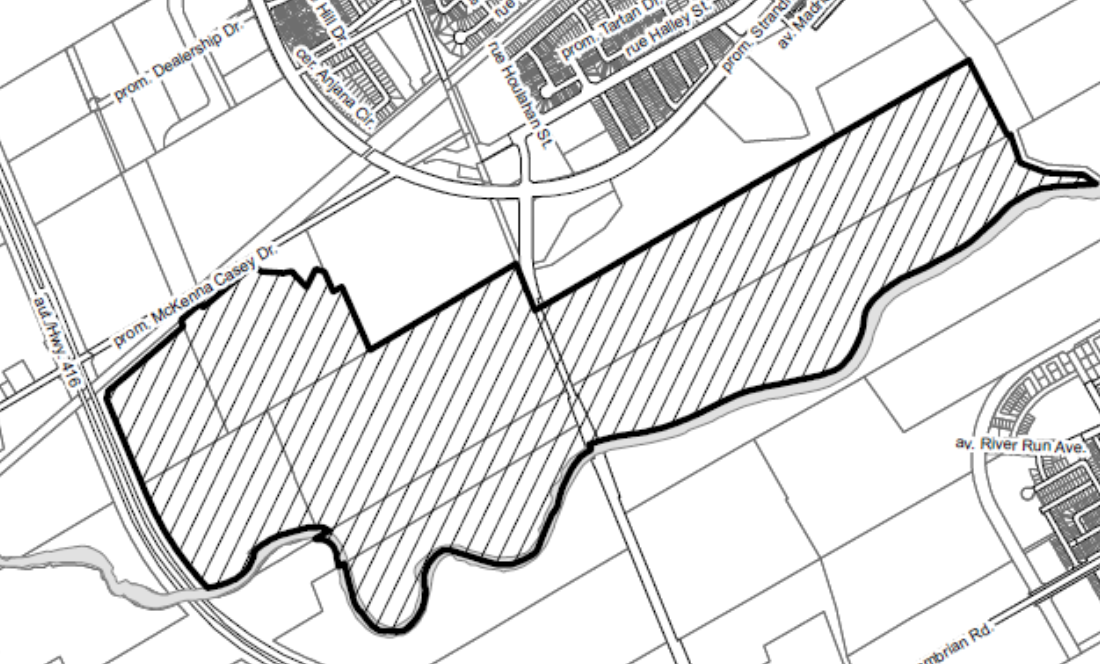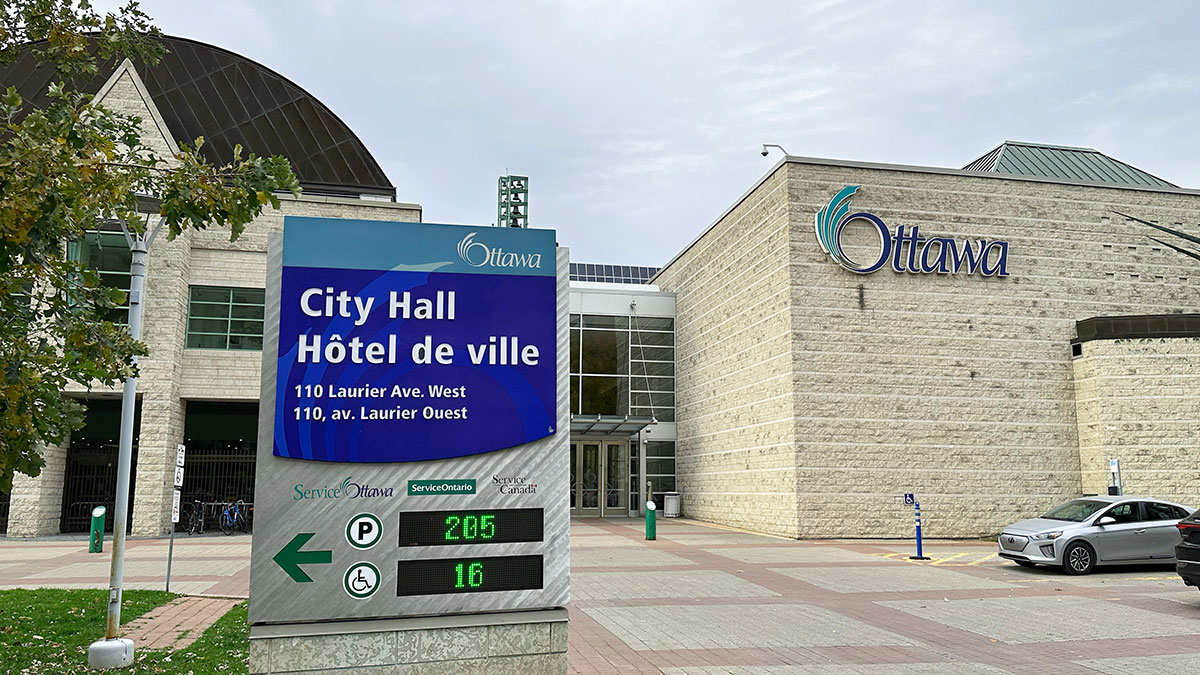Ottawa city councillors are at odds over what steps to take after a report by Auditor General Nathalie Gougeon found that officials improperly supported a controversial development near the Jock River on a flood plain in West Barrhaven.
Gougeon’s report, which followed a whistleblower complaint, found officials sent a letter in support of the development without the knowledge of councillors.
During the Nov. 27 audit committee meeting, Bay Ward Coun. Theresa Kavanaugh tabled a motion to refer the report to the Auditor General of Ontario.
She said the report highlighted a ‘governance problem’ and needed to be brought to the next level, be it a public hearing or to the Office of the Auditor General of Ontario. Gougeon told the committee that she had made the provincial auditor general aware of her concerns.
Gougeon also emphasized that a request from a city councillor for further investigation would “carry more weight.”
Kanata South Coun. Allan Hubley said he thought the motion, which failed on a tie vote of 4-4, was “redundant.”
The developer Caivan Communities was trying to obtain approval for a large development along the north bank of the Jock River on the east side of Borrisokane Road. Much of the area was designated as a flood plain but Caivan applied for a permit to do a ‘cut-and-fill,’ where soil is cut from one area and filled in another, to ensure the filled area was no longer at risk of flooding.
According to the auditor general’s report, released in late November, the director of planning services within the Planning, Infrastructure and Economic Development Department wrote a letter on Nov. 7, 2019, to the Rideau Valley Conservation Authority, which manages the watershed and nearby conservation areas, supporting the development.
According to the report, the letter said “we want to reinforce the support Council has
expressed for this file.”
But the auditor general noted “most members of Council were not even aware that there was a cut and fill application being considered and still expected a floodplain mapping to be completed.”

The Auditor General says she believes the letter of endorsement by the city contributed to the conservation authority’s approval of the application.
“It is not the city’s role as part of the planning process to endorse, support or advocate for a developer’s application with another regulatory body,” she said.
“The issuance of the letter was a violation of departmental process as this external communication was not signed off by the general manager,” she concluded.
Don Herweyer, general manager of Planning, Real Estate of Economic Development, told the meeting there was a “breakdown in communications.”
“What happened there was incorrect, it was wrong, it should have been reviewed [the letter].”
The general manager at the time was Stephen Willis.
The auditor general made three recommendations, which have been accepted by city management — improved communication with council; that the city develop a formal policy indicating that it avoid endorsing developer applications with third parties; and that the city establish a formal role for subject-matter experts in evaluating development applications.
Limitations and further investigations
Gougeon said her office only had the authority to investigate the city and could not investigate third parties, including the conservation authority’s acceptance of the cut and fill application; nor could she investigate the potential risk of flooding in the area.
“Are there significant allegations that we could not look at? Most definitely. Are those allegations concerning? Absolutely,” Gougeon said.
But the Office of the Auditor General of Ontario can investigate the conservation authority which is why Kavanagh said she requested the committee to ask the provincial auditor general to look into the matter.
Herweyer also mentioned during the meeting that the Ontario Ombudsman had asked for files regarding the matter.




